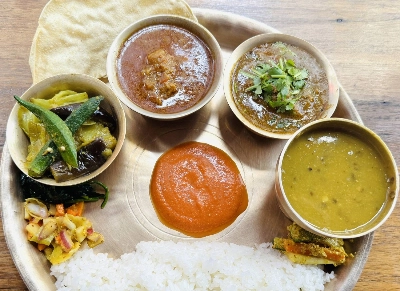Meta
Eric Teo Chu Cheow
Jun 15, 2003
Jun 5, 2003
Apr 28, 2003
Apr 12, 2003
Apr 3, 2003
Mar 22, 2003
Mar 16, 2003
Mar 3, 2003
Feb 15, 2003
Feb 2, 2003
Jan 11, 2003
Nov 23, 2002














